

We would like to thank David Brin for taking the time to talk to us and answer our questions. Best known for the Uplift Universe and the post-apocalyptic novel The Postman, his contributions to fiction writing and science fiction are numerous. David Brin is a scientist and an award-winning author and also wrote the storyline for Ecco the Dolphin: Defender of the Future.
We got in touch with David to share his views on science fiction, videogames and writing.
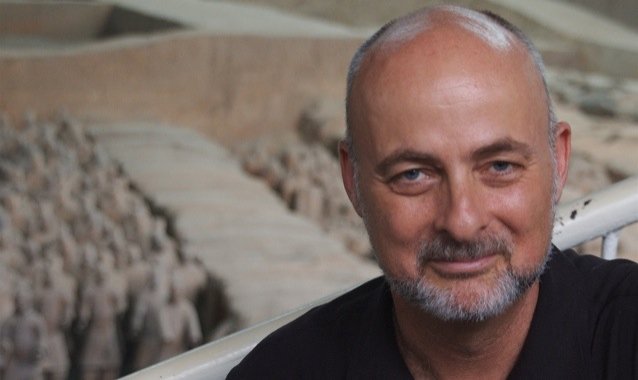
Eric: You seem, from afar, like such a remarkably cool guy. If you had 15 seconds to introduce yourself to someone, what would you say?
David: Any other civilization would burn a guy like me at the stake, for about a dozen reasons. Because I try to see the ornery or contrary view. Because I am unsatisfied with pat explanations and simple dogmas — of either right or left. Because I think the future will be better than the past, and because we are vaster better than our ancestors, as they wanted us to be! And as we want our kids to be better than us... as they already are.
If you feel the same, then you too are a true child and citizen of the Enlightenment, humanity's one chance to break out of the age-old feudal trap. It means you too are burnable, and we must fight for progress, just in order to survive.
Stay burnable. The kind of folks who love the Renaissance, in all its rambunctious chaos and glory! Because any other society would swiftly get rid of people like thee and me!
-
Eric: You have gone on record decrying some of the negativity and cynicism that can seem like a constant in much modern science-fiction writing. Care to briefly comment on the importance of maintaining a sense of wonder, optimism, and positivity, even in the realm of sci-fi works?
Too many authors and film-makers buy into the playground notion that cynicism is somehow chic and knowing.David: Too many authors and film-makers buy into the playground notion that cynicism is somehow chic and knowing. So many 50 or 80 year-old cliches are rampant -- e.g. "hey look, I invented suspicion of authority!" -- while nostalgia pushes aside what used to be our genre's golden notion. That we in this civilization might find ways to improve, to solve problems, to become better than we were. A difficult task, fraught with many pitfalls. But too many portray it now as hopeless.
How pathetic! That beneficiaries of relentless progress should repay that debt by casting doubt on the very possibility of progress? (See how the late, great Ray Bradbury was a champion in this fight. )
-
Eric: Speaking of wonder and optimism: You are an avid futurist. What current technological trends and their possibilities excite you?
David: We spent fifty years learning about positive sum games (look up the concept!) and reducing violence (see Steven Pinker's THE BETTER ANGLES OF OUR NATURE) and creating a vast and growing world middle class in which most children now grow up with food, education and hope. Pessimists and cynics aren't just wrong, they are traitors to the future. Sure cynicism is easy and fun and tasty. Grow out of it. It's just plain dumb.
-
Eric: Amid the varied points and paths explored in your career, you were able to have a hand in the Ecco the Dolphin video game series. Can you explain your role and influence on that canon?
Usually I write the story first and then artists illustrate it. (See "The Life Eaters" and my vivid book trailer) But sometimes the art comes first! When Appaloosa approached me, they already had much of the ECCO II game play and images already in the can, but asked me "will you make up a story so it all makes sense?" I did, it was fun! And it even turned out rather beautiful!
-
Eric: There is, perhaps more now than ever before, ongoing cultural conversation about the capacity of video games to convey a narrative. What advantages do you believe electronic games have, especially compared to novels, in portraying good story?
David: They let you immerse yourself in a whole world! Sure, I do that with my novels, but I can see the attraction in doing it with player interaction. I just hope the stories get better.
-
Eric: How about disadvantages?
David: Hours and days and weeks and months of your life... and at the end, what have you learned or gained or advanced? Ration it! Indulge as a REWARD for doing good things. And when you set a timer to stop... obey it!
-
Eric: Some of your stories have touched on the idea of genetically modified, intelligent animals before, with dolphins and including chimpanzees. Considering even current-era film examples like Rise of the Planet of the Apes and some concepts shown in Prometheus, why are creature-centric plotlines so compelling to us humans, in your opinion?
David: Most other uses of the concept assume that it will be done stupidly. Because stupidity makes it easy to write an action plot... because mistakes create peril! It is harder to write a story that shows humanity doing something well, and still having it lead to action, adventure and excitement. But people say my Uplift universe does that.
Folks want more Uplift. I do hope to get back to Tom, Creideiki and the others soon. (I assume you've read the SECOND Uplift trilogy, starting with Brightness Reef? ) Till then, see the story "Temptation" downloadable at [link]. Some will argue that "Existence" is Uplift! See the trailer (dolphins!) and decide for yourself.
-
Eric: One more compliment: You are a trained scientist who is able to speak on relevant matters with a unique blend of legitimacy and entertainment value. Given an infinite amount of time, skill, and resources, I would love to hear your thoughts on what invention you would create for the world (or for yourself, for that matter).
David: Better online communication and social and gaming interfaces. Fortunately, I've patented some that are under development.
-
Eric: Do you have any current projects that you are working on and would like to mention?
David: A fun s ci-fi comedy novel called THE ANCIENT ONES and a thriller in which aliens kidnap an American high school full of 3000 teenagers!
-
Eric: Finally: What advice would you give to someone who genuinely wants to forge their career in science-fiction writing?
David: What I can do is point you to an "advice article" that I've posted online, containing a distillation of wisdom and answers to questions I've been sent across 20 years. (Note, most authors never answer at all.) This article is at: [link].
Many people have found it extremely helpful.
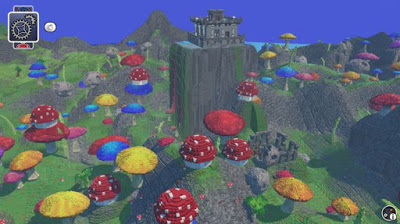
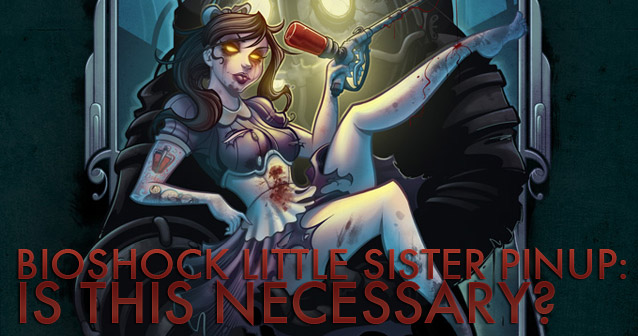

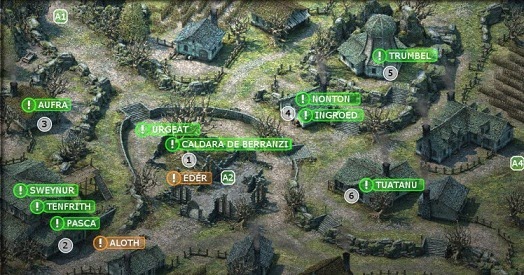
 Lego Marvel Superheroes Vehicle Tokens
Lego Marvel Superheroes Vehicle Tokens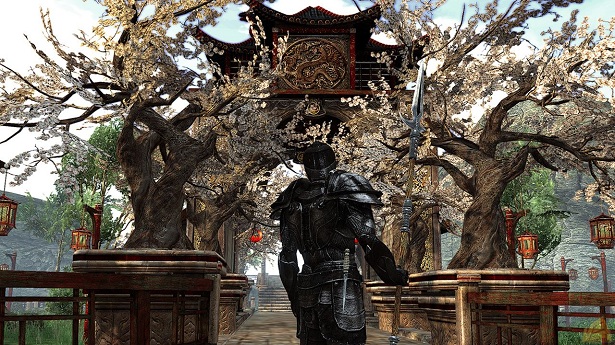 Two Worlds 2 Walkthrough
Two Worlds 2 Walkthrough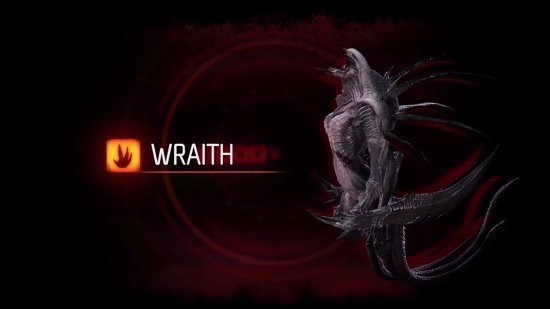 Evolve Guide: How to Play as the Wraith
Evolve Guide: How to Play as the Wraith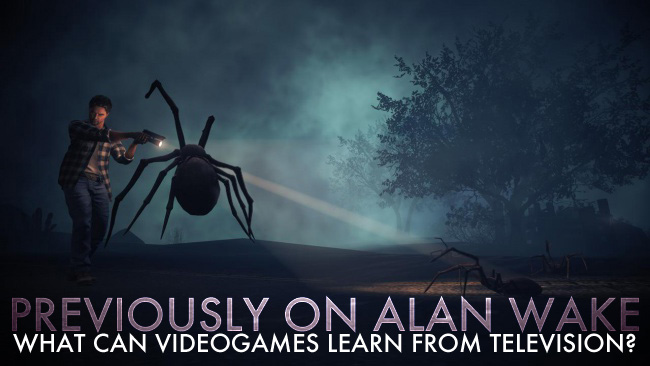 Previously on Alan Wake: What Can Video Games Learn from Television?
Previously on Alan Wake: What Can Video Games Learn from Television?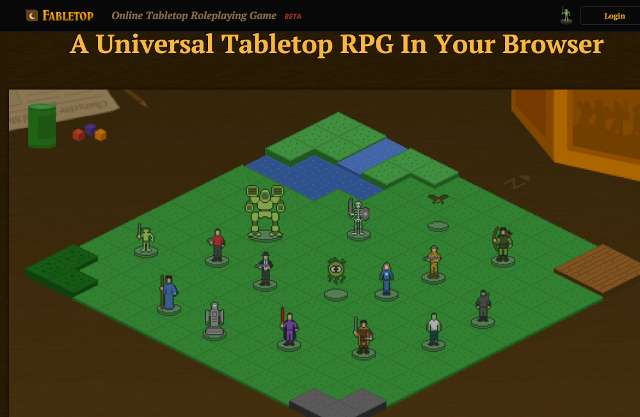 Want to Try Tabletop RPGs? Learn the Ropes with Online Tabletops!
Want to Try Tabletop RPGs? Learn the Ropes with Online Tabletops!